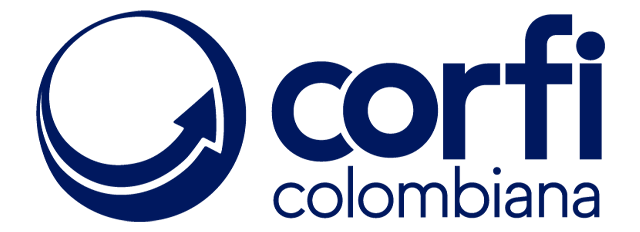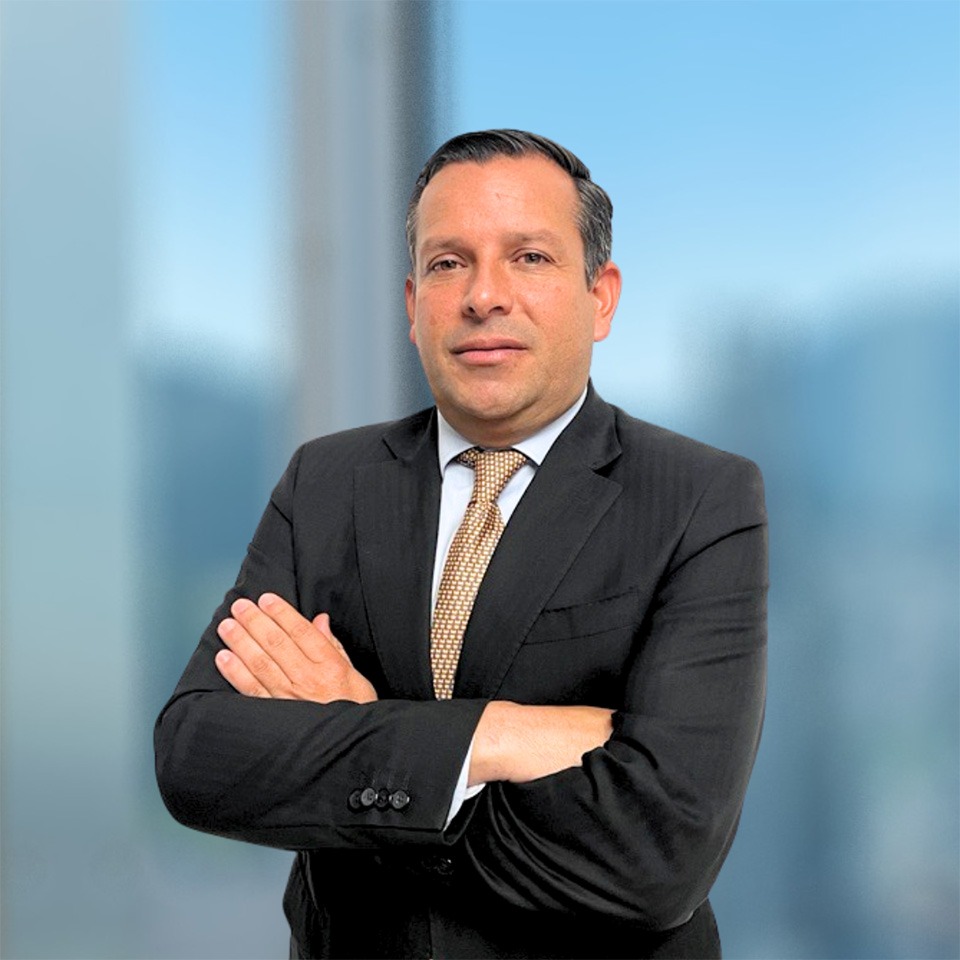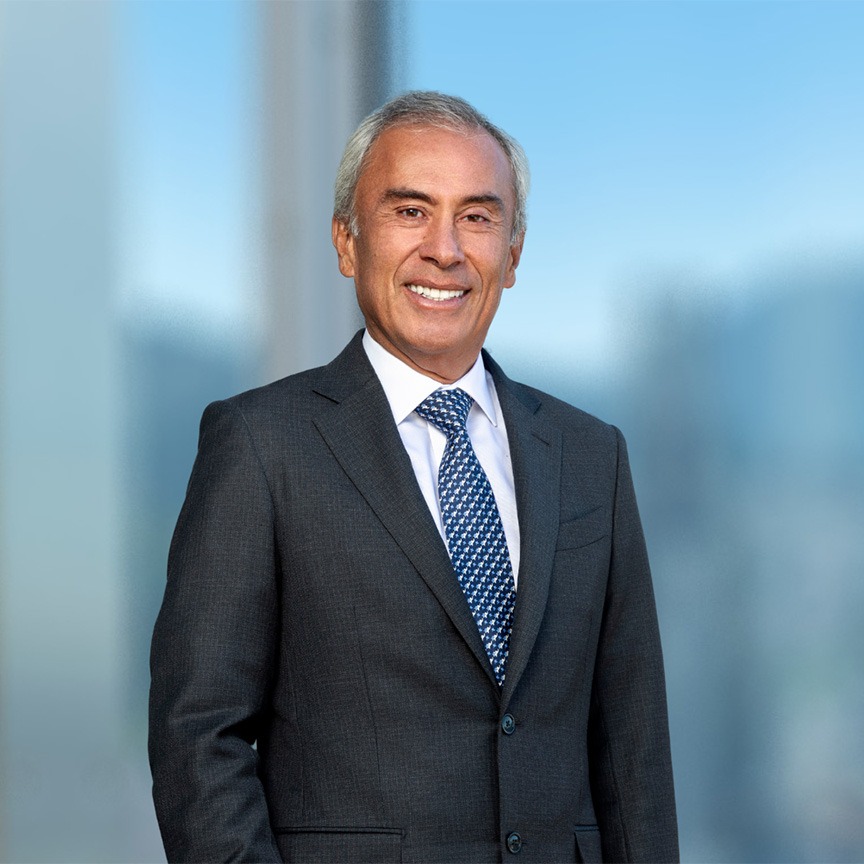Home » Investors Site » Related entities and control environment
PEI es una alternativa de inversión inmobiliaria que permite a los inversionistas participar en un portafolio diversificado de activos comerciales generadores de renta a través de Títulos Participativos que transan en la Bolsa de Valores de Colombia.


Jaime Alberto Sierra
Economist from Universidad Santo Tomás, Specialist in Private Finance of Colegio Mayor de Nuestra Señora del Rosario, Master – Advanced Program in Business Management of Universidad de la Sabana’s INALDE School of Management and Business. For the past twenty years, he has held management positions in financial sector entities in the commercial, risks, and investment banking areas. He is a principal member of the Boards of Directors of reputed companies in various sectors of the country’s economy.

Jaime Andrés Toro Aristizabal
Business Manager from Universidad EAFIT and specializations in Finance from Universidad de Antioquia and Business Law from Universidad de Medellín. Master’s in business administration from Universidad de la Sabana’s Inalde Business School. Mr. Toro has served in a number of directive positions in commercial areas of the financial sector for more than 20 years.

Juan Carlos Pertuz Buitrago
J.D. from Universidad de los Andes, expert in infrastructure law, private equity funds, public administrative law, financial law, litigation and arbitration. Mr. Pertuz has experience as Legal Manager and General Secretary for companies in the infrastructure and financial sectors, the contractual structuring of highly complex financial instruments, infrastructure projects and their short and long-term financing schemes.

Edwin Roberto Díaz Chala
Economist from Universidad Santo Tomás, specialist in Financial Management from Pontificia Universidad Javeriana. He has technical and financial education on the structuring of trust businesses and products, and their application in different industries. Mr. Díaz is knowledgeable in the planification and development of commercial strategies, with more than 20 years of experience in the financial sector, serving in management positions in commercial areas.




CEO

Strategy, innovation and communications manager

Asset Management Manager

Investment Manager

Commercial Manager

Human Talent Manager
The Asset Manager’s operations are guided by a Board of Directors composed of three members selected by the Investors’ Assembly. This Board ensures the sound management of the business and provides oversight to the Asset Manager’s Executive Director and CEO.
The Real Estate Manager has an internal audit area that periodically audits the company’s processes, including those deployed for the administration of Pei, to ensure that they comply with the procedures and policies established for each process. The audit includes the supervision of processes involving third parties such as specialized operators and clients of Pei properties. The audit includes the supervision of processes involving third parties such as specialized operators and clients of Pei properties.
Professional or independent firm in charge of issuing an objective opinion on the quality and veracity of Pei AM’s financial information. Currently, EY Colombia.
With the purpose of ensuring efficient and responsible corporate governance in risk management, strategy compliance, and decision-making, including those related to the services that the Real Estate Administrator provides to Pei, the Real Estate Administrator has a group of specialized committees by subject. These committees are responsible for monitoring, controlling, and proposing strategies for managing matters such as sustainability, corporate ethics, counterparty risks, crisis management, and others.
Get to know them below:
This Committee is responsible for supervising the management and effectiveness of the internal control system, monitoring the independence and objectivity of the internal auditor, defining and following up on the internal audit plan, and evaluating the findings from audit results and the action plans implemented. The Audit Committee is composed of the Executive Director of Pei AM and the Internal Auditor.
Responsible for defining, updating, and monitoring the compliance and evolution of the Corporate Sustainability Model (and the policies that form part of it) under which the Real Estate Administrator manages the Investment Vehicle. It is composed of the President, the Legal Director, and the Manager of Innovation, Strategy, and Communications.
Ensures compliance with the Procurement Policy that promotes objectivity and transparency in the Real Estate Administrator’s procurements. It also evaluates and approves supplier contracts when the procurement process presents any exception or incompatibility with the Real Estate Administrator’s Procurement and Purchasing Policy. The comittee is composed of the Vice President of Finance and Investor Relations, the Legal Director, and the manager of the area requesting the procurement.
This corporate body is responsible for ensuring compliance with the Code of Conduct, supervising and managing complaints made through the Ethics Mailbox, resolving Conflict of Interest situations involving the Real Estate Administrator’s employees, initiating investigations, and defining the course of action for potential violations of the Corporate Transparency and Ethics Program. It is composed of the President, the Legal Director, and the Human Resources Manager. The Compliance Officer attends with a voice but no vote when the matters under discussion are related to their duties.
Responsible for approving and ensuring compliance with counterparty risk management policies arising from the non-fulfillment of payment obligations in contracts and monitoring the status of the portfolio of Pei’s tenants and concessionaires. It is composed of the Vice President of Finance and Investor Relations, the Commercial Manager, the Director of Accounting, Taxes and BackOffice, and the Director of Financial Planning, Risk, and Collections.
In order to prevent the risk of money laundering, financing of terrorism and financing of the proliferation of weapons of mass destruction, the Real Estate Administrator establishes procedures and controls that govern its relationship with third parties, which are described in the SAGRILAFT Policy and Manual. In compliance with best practices and legal requirements, the Administrator has a compliance officer in charge of supervising the fulfillment with the controls established therein. It also conducts annual training and awareness-raising activities for its employees on the subject.
The Transparency and Business Ethics Program establishes the standards of behavior expected from the Real Estate Administrator’s employees with regard to the different stakeholders in order to promote impartial, transparent and trustworthy relationships, ensuring the ethics, integrity and quality of the services it provides as a real estate manager.